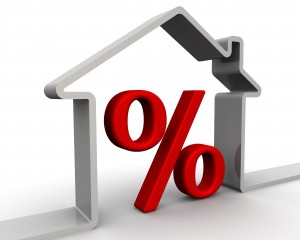After fears earlier in 2014 that the Fed was about to raise interest rates, it now seems that rates will remain unchanged for some time. Experts cite declining oil prices and flat inflation as evidence of the prime rate remaining near zero as it has been for the last six years.
Part of the reason for this unchanged monetary policy is that the economy itself is still showing  mixed signals regarding its recovery. While the GDP is expected to continue to grow, unemployment remains higher than desirable. Still, experts predict that interest rates may remain unchanged until late 2015 or early 2016.
mixed signals regarding its recovery. While the GDP is expected to continue to grow, unemployment remains higher than desirable. Still, experts predict that interest rates may remain unchanged until late 2015 or early 2016.
Other pundits are predicting an earlier increase based on market trends. They note that trading by member banks reflects a higher expectation of the Fed funds rate than is currently stated in news outlets. They also claim that a declining unemployment rate could be the justification used by the Fed to begin pushing rates upward.
At the same time, international trends may prevent rates from rising. An increase in the federal funds rate would increase the value of the dollar. This would further increase the already high trade deficit and could make an interest rate increase both economically and politically unpalatable.
If the federal funds rate is increased, homebuyers should expect mortgage rates to soon follow — if banks don’t begin to prematurely raise them in anticipation of a rate hike by the Fed. However, qualification requirements may ease at the same time as banks pull money out of the Federal Reserve to invest in additional mortgage lending or other higher return activities. In the meantime, potential homebuyers should consider locking in a rate now as there appears to be little-to-no-chance of rates going back down anytime soon.


